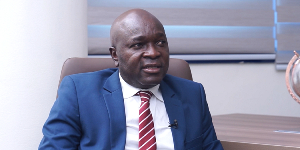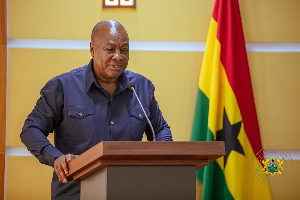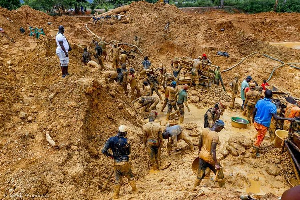A hotline would be established between Rome and Tunis to counter irregular migration amid a spike in arrivals at Italy's Lampedusa island, Italian Interior Minister Luciana Lamorgese said this Thursday in Tunis.
Lamorgese is on a visit to Tunis with the European Commissioner for Home Affairs Ylva Johansson.
The European Commissioner offered economic support to the North African nation, which is struggling to pay its debts, in return for tougher efforts to stop migrants coming into Europe.
Tunis confirmed its "willingness to activate immediately a 'dedicated hotline' for the exchange of information" about illegal departures from Tunisia, the Italian minister said, after a meeting with Tunisian Prime Minister Hichem Mechichi, who is also serving as interim interior minister.
"Tunisian authorities have accepted the Italian request for greater flexibility on the rules of return" of people arriving in Europe irregularly, she added, according to a statement.
Johansson said the talks produced "very good political results" and welcomed the establishment of a hotline.
The European Union is "looking forward to cooperate on investments that will help Tunisia to recover from the economic consequences of the pandemic... create new job opportunities, new hope for young people", she added.
The goal is to "have a win-win situation, and a comprehensive approach on managing migration together, both legal migration and fighting irregular migration", she said.
Italy is one of the main points of entry into Europe for migrants from North Africa, mainly from Libya and Tunisia.
-Global approach-
More than 13,350 people have arrived on Italian shores since January, three times more than in the same period a year earlier, according to Italy's interior ministry.
Fifteen percent of those arrivals were Tunisian, who are the main nationality arriving in Italy by sea.
An economic crisis exacerbated by the coronavirus pandemic and paired with a protracted political crisis contributed to 2020 seeing the highest level of departures from Tunisia's coast toward Europe since 2011.
Tunisian President Kais Saied stressed the need to "adopt a global approach" and not just a security strategy to tackle the issue by examining "the root causes, poverty and unemployment", as well as supporting "development policies in the countries of departure".
Rome has called for help from EU nations to manage increasing numbers of migrants arriving on its shores.
Johansson told Italy's La Repubblica newspaper that talks were also already under way with Libya on a similar agreement to that proposed with Tunisia.
Italian Prime Minister Mario Draghi said the issue of the distribution of migrants within the EU would be put on the agenda of a European summit this week.
The issue of "the relocation mechanism has been absent for some time from European debates, so I will raise it again at the European Council on Monday," he told reporters in Rome, adding "we absolutely need to find an agreement".
Africa News of Friday, 21 May 2021
Source: africanews.com
Tunisia and Italy to open migration 'hotline'
Sports
![Benjamin Asare, [L] and Razak Simpson Benjamin Asare, [L] and Razak Simpson](https://cdn.ghanaweb.com/imagelib/pics/293/29382588.295.jpg)
Local players must be given more opportunities to compete at Black Stars - Prosper Narteh Ogum
Business






![Mike 2 [L] and Richard Nii-Armah Quaye Mike 2 [L] and Richard Nii-Armah Quaye](https://cdn.ghanaweb.com/imagelib/pics/971/97111172.295.jpg)



